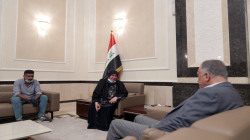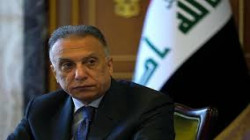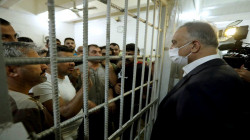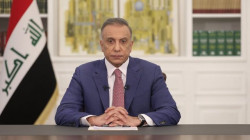Reading between the lines of the Amman summit that presented Al-Kadhimi as a new leader
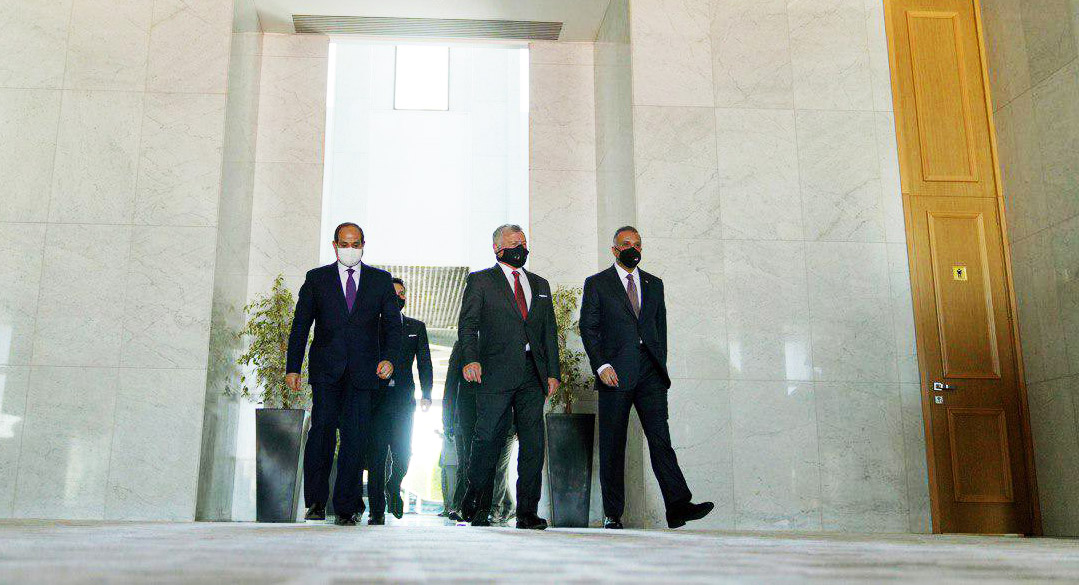
Shafaq News / The third trilateral summit between Iraq, Egypt, and Jordan in Amman could represent a qualitative shift in relations between Baghdad, Cairo, and Amman with positive interests. Symbolically, the summit linked the two sides of the Middle East in Asia and Africa, but the real test of the tripartite meeting is supposed to show its results in turn.
The three-nation summit was not held in a normal atmosphere. Hence, the final statement, as well as statements made by leaders Mustafa Al-Kadhimi, Abdel Fattah al-Sisi, and King Abdullah II, should be read.
First, the COVİD-19 pandemic imposed its presence as a first item on the meetings -only a day after the announcement of the infection of an Iraqi minister- but more importantly, the pandemic also threw its weight on the three countries’ economy and impacted it negatively, forcing the summit to seek solutions and forms of cooperation to mitigate it.
Al-Kadhimi entered the trilateral summit as a new leader, with the previous two summits held in Cairo in March 2019, in the presence of former Prime Minister Adel Abdul Mahdi, and New York in September 2019, in the presence of Iraqi President Barham Saleh.
While the meeting of regional leaders is self-evident for cooperation and coordination, the Amman summit is of exceptional importance in its timing and circumstances. Al-Kadhimi participated in the meeting after his important visit to the United States and talks with the U.S. President Donald Trump, during which he agreed on issues that will determine the fate of the Iraqi scene in the next phase, particularly concerning the future of the U.S. military presence.
Iraq is also facing economic and living crises that have affected its social stability..Proposals for cooperation, market opening, and regional exchange may contribute to alleviating existing difficulties. Al-Kadhimi also came to Amman to complain to the Egyptian and Jordanian leaders about the dangers of foreign interference in Iraqi affairs; and certainly found heeding ears in al-Sisi, who faces similar risks of the Turkish incursion into Egypt's western border through the Libyan gate and into the Mediterranean Sea on its northern border.
The three countries -particularly Iraq- seem to urgently need a common Arab incubator in light of regional fragmentation, the absence of so-called "joint Arab action", and the erosion of the role of the Arab League. Al-Kadhimi will try to complete this incubator by rearranging an appointment for his postponed visit to Saudi Arabia, which he recently hinted will take place soon.
On the terrorism file, Al-Kadhimi was the first to sound the alarm -according to statements issued by Amman. It is a file that also brings together the other two leaders, where The Kingdom of Jordan faces cross-border dangers in its eastern border with Iraq, as well as its northern border with Syria; while al-Sisi faces the crisis of control of the Sinai Peninsula due to the infiltration of armed groups, as well as the terrorist cells supported by Turkey -according to Egyptian accusations- on its border with Libya.
Regarding Palestine, it was remarkable that the final statement issued by the tripartite summit did not directly address the UAE-Israeli normalization agreement, neither did it declare a lack in accepting it; but merely criticized the Israeli annexation plan for the West Bank, and was keen to express adherence to the Arab peace initiative adopted by the Arab summit in Beirut in 2002 as a common Arab option to deal with Israeli challenges.
This position is important because voices calling for normalization with Israel -similar to the Emirati model- were heard by Al-Kadhimi from Iraqi political figures and forces; while the Kingdom of Jordan has historically been concerned about any individual Arab initiatives to reconcile with Israel, which do not take into account two important issues: the future of the Palestinian mass exodus and Jordan's interests on the border with the occupied West Bank. For al-Sisi, invoking the Arab peace initiative -sponsored by the late Saudi King Abdullah- is a haven for a sensitive political stance, which also has good relations with the UAE authorities.
Another point, which was sought by observers in the tripartite final statement, relates to projects to complete the oil pipeline that is supposed to link Iraq with Jordan and from there to Egypt, for export via The Mediterranean and the Red Sea; as an alternative to the Strait of Hormuz, Iraq's only maritime port.
However, economic aspects, investment, and trade seem to have taken on the bulk of the interests of Al-Kadhimi, al-Sisi, and King Abdullah II.
Abdullah II stressed that the accelerating events in the region and the intervention of some external parties call for coordination and joint action, while al-Sisi stressed the importance of supporting institutions in the countries of the region to contribute to restoring security and stability to its people.. For his part, Al-Kadhimi stressed the importance of the collective will to eliminate terrorism and to confront all those who support it with funding and arming.
Al-Kadhimi's speech was a busy one in several areas, reflecting much of his vision of the Iraqi events and in the region -from which Shafaq News agency published excerpts- in which he called for the need to spare the region further conflicts and wars; he also stressed Iraq's desire to establish balanced relations with neighboring countries to preserve its sovereignty, security, and stability; reiterating the country's position on the Palestinian issue and the right of the Palestinian people to establish a state with Jerusalem as its capital.
"Our region does not need war and new conflicts.. We need to stand together and work towards achieving the security, stability, development, and better life that our people aspire to", Al-Kadhimi said and Stressed the importance of maintaining national security, “Iraq's vision focuses on embracing the common interests, distancing from conflicts, achieving integration and economic cooperation between the three countries through the development of the participating industrial zones, and the need to create multifaceted strategic partnerships to strengthen the situation of the Iraqi economy in a shared manner with the economies of Arab countries".
The Amman summit issued a statement containing 15 axes, the text of which was published by Shafaq News agency.
No date has yet been set for the fourth tripartite summit, but it is important to see whether the decisions of the Amman summit will be fulfilled, or whether "joint Arab action" will always be doomed to delay and wait.
